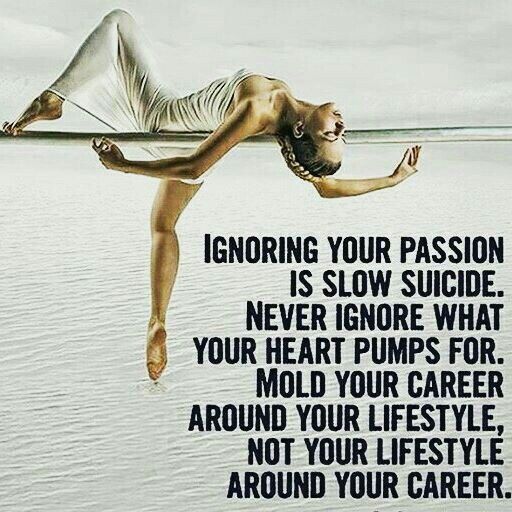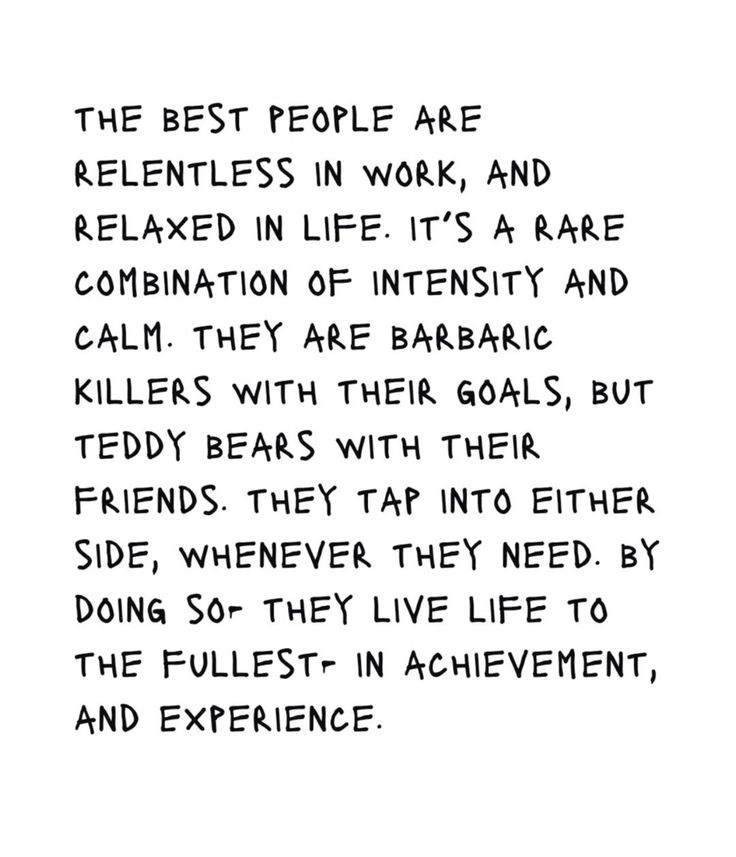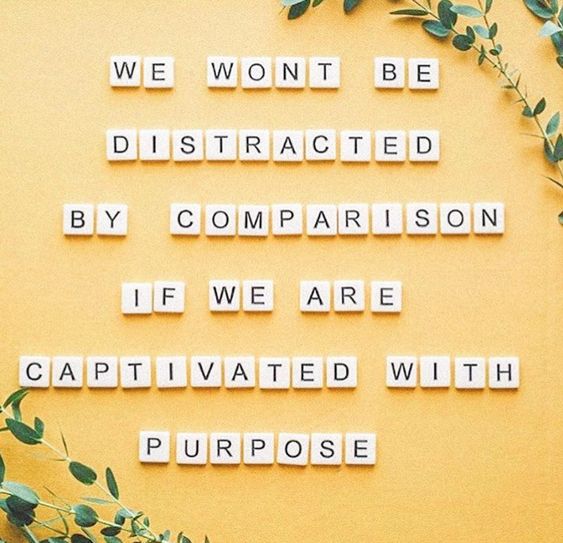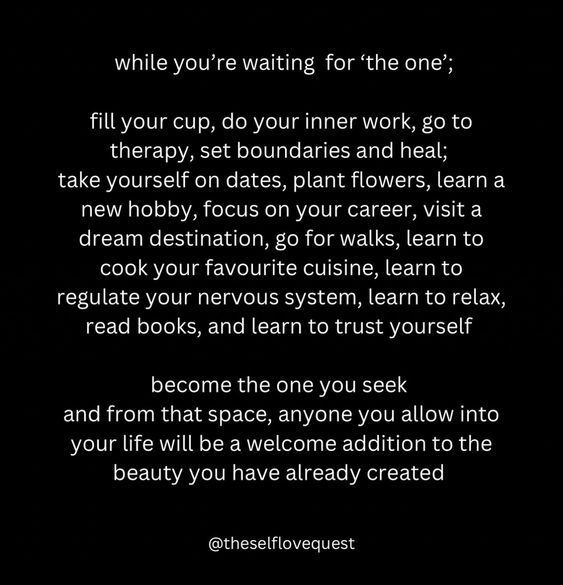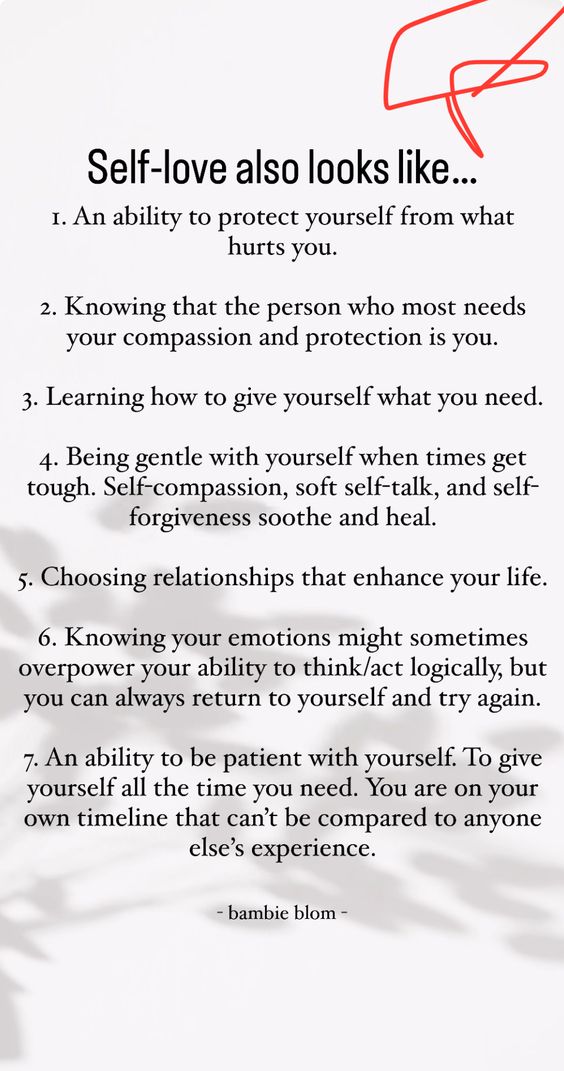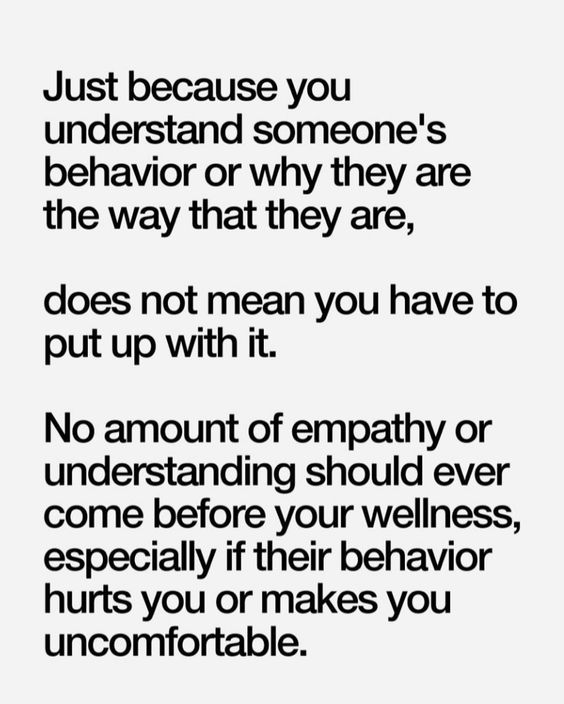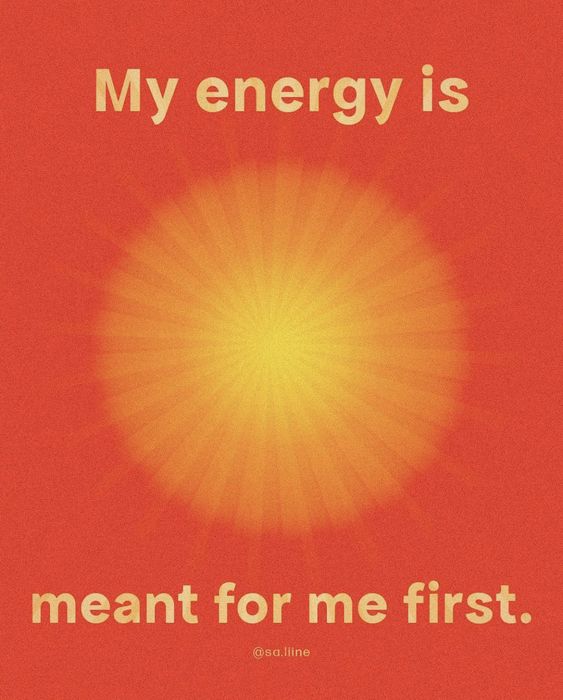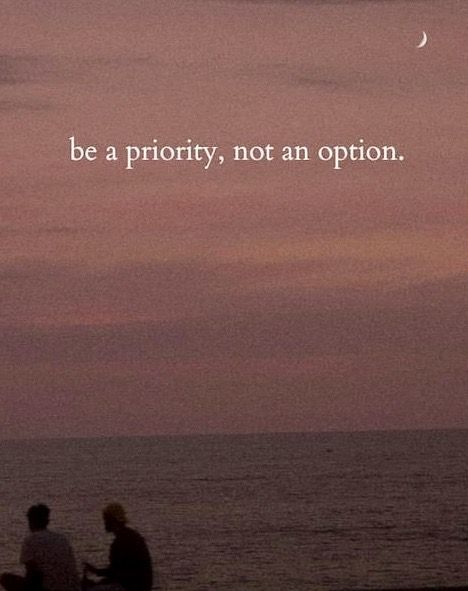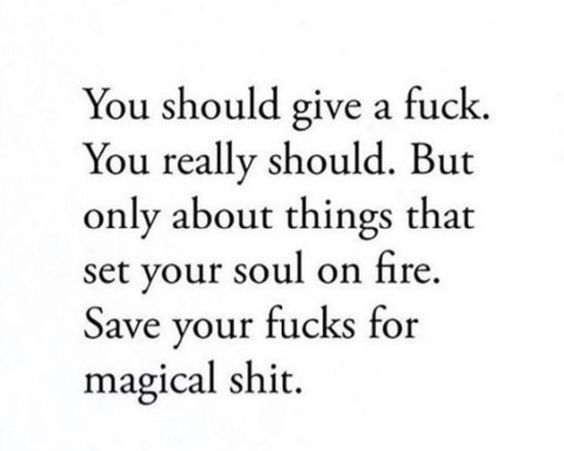“Setting priorities requires setting posteriorities as well. A priority is something that you do more of and sooner, whereas a posteriority is something you do less of or later. You are probably already overwhelmed with too much to do and too little time. Because of this, for you to embark on a new task, you must discontinue an old task. Getting into something new requires getting out of another activity. Before you commit to a new undertaking, ask yourself, ‘What am I going to stop doing so that I have enough time to work on this new task?'”
Brian Tracy, via No Excuses! (Page 193)
“Productivity is most important for things you don’t want to be doing. Most people want to increase productivity so they can spend less time on the task. But before you worry about being more productive, think about being more selective. Rather than focusing on increasing productivity, it may be worth asking, ‘What would I be delighted to spend time on, even if it went slowly?’ Direct your energy toward figuring out how to start what you want to do rather than thinking about how to shorten what you don’t want to do.”
James Clear
“How can I overlap the things I enjoy? For example, maybe you want to exercise and spend time with your spouse. What type of exercise sounds fun to do with your spouse? Or perhaps you’d like to hang out with friends and build your career. How can you find ways to work with people you like being around? It doesn’t always work, but there are usually a few areas of life you can overlap in an enjoyable way. Look for the overlap.”
James Clear
“Despair comes because energy goes on leaking, and people have forgotten how to contain it. In a thousand and one thoughts, worries, desires, imagination, dreams, memories, energy is leaking. And energy is leaking in unnecessary things that can be easily avoided. When there is no need to talk, people go on talking. When there is no need to do anything, they cannot sit silently; they have to ‘do.’ People are obsessed with doing, as if doing is a sort of intoxicant; it keeps them drunk. they remain occupied so that they don’t have time to think about the real problems of life. They keep themselves busy so that they don’t bump into themselves. They are afraid—afraid of the abyss that is yawning within. This is how energy goes on leaking, and this is why you never have too much of it. One has to learn how to drop the unnecessary. And ninety percent of ordinary life is unnecessary; it can easily be dropped.”
Osho, Everyday Osho (Page 211)
“Some of the earliest memories I can recall are of my mother instructing me to always ‘save ten percent of yourself.’ What she meant was that, no matter how much you thought you loved someone, or thought they loved you, you never gave all of yourself. Save 10 percent, always, so there was something to fall back on. ‘Even from Daddy, I save,’ she would add.”
Michelle Zauner, Crying in H Mart (Page 18)
“You could eat in the finest restaurants, you could partake in every sensual pleasure, you could sing on stage in São Paulo to twenty thousand people, you could soak up whole thunderstorms of applause, you could travel to the ends of the Earth, you could be followed by millions on the internet, you could win Olympic medals, but this was all meaningless without love.”
Matt Haig, The Midnight Library (Page 248)
“In one life she spent all day arguing with people she didn’t know on Twitter and ended a fair proportion of her tweets by saying ‘Do better’ while secretly realising she was telling herself to do that.”
Matt Haig, The Midnight Library (Page 213)
